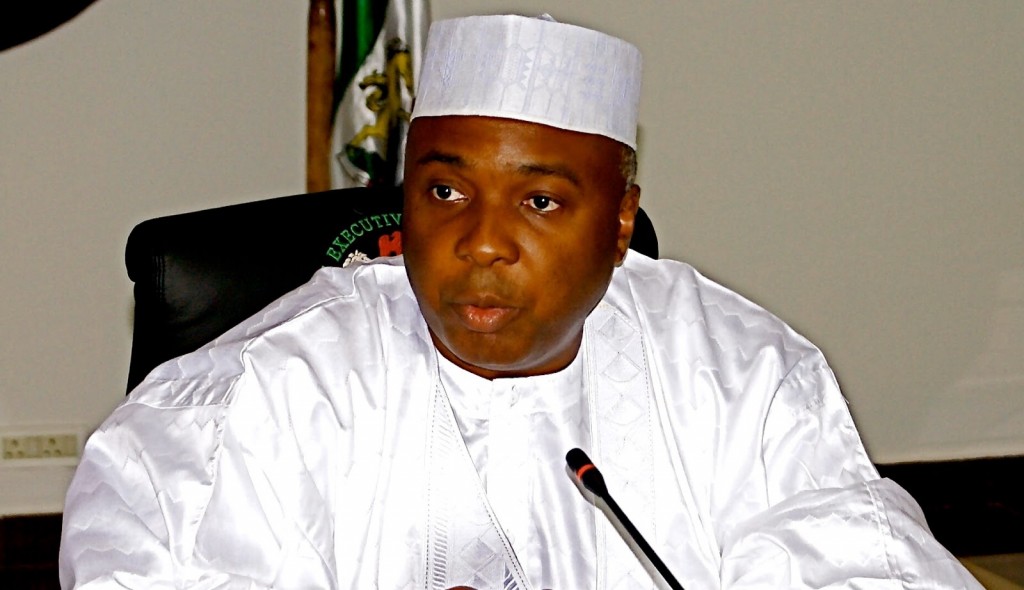The Fate in the Faith of President Tinubu’s Renewed Hope
Since assuming office in May 2023, it has been a loud ‘reggae’ of reform. President Tinubu’s administration wasted no time, embarking on an ambitious, high-tempo reform agenda that immediately signalled a departure from previous policies. This includes critical, long-postponed measures such as the Fuel Subsidy Removal, Currency Deregulation, Electricity Tariff Adjustment, Tax Code Review and Public Sector Rationalisation. These steps, while often cited by economists as necessary structural adjustments for long-term growth, were delivered with a speed and intensity akin to a fast-paced reggae beat, leaving many Nigerians reeling.
These measures, while economically justifiable in theory and potentially beneficial in the long-term, had an immediate and devastating impact for most Nigerians, turning things upside down and bringing untold hardship. The removal of the fuel subsidy, for instance, saw pump prices soar by over 300%, unleashing an astronomical increase in the cost of transportation and powering simple daily activities that relied on energy consumption, like grinding pepper or running small businesses. Simultaneously, the Currency Deregulation led to a sharp depreciation of the Naira, plummeting from around ₦460/$ to alarming lows exceeding ₦1,500/$. This currency freefall directly translated into ballooning prices for almost everything imported or dependent on foreign exchange – medicines, food staples, raw materials – pushing them beyond the reach of the common man. The overall cost of living skyrocketed, with food inflation hitting a staggering 37.92% in February 2024, reflecting the severe erosion of purchasing power.
However, amidst the turbulence, recent glimmers of hope rooted in the initial faith in these reforms are beginning to emerge, albeit slowly and unevenly. The potential revival of hitherto moribund refineries, if they begin to work effectively without the usual controversy and corruption, holds the promise of significant annual savings, potentially up to $10 billion, and could finally stabilize fuel supply locally, reducing dependence on costly imports. After initial volatility, the Central Bank of Nigeria (CBN)’s restructured FX policies and increased foreign currency inflows, partly from international partners and increased investor confidence, have shown signs of stabilizing the Naira. From a low point near ₦1,800/$ in February, it has rebounded to trade around the ₦1,450–₦1,500/$ range.
Furthermore, a rebound in oil production to 1.55 million bpd has also contributed positively to macro-economic indicators like foreign reserves. While official data may point to early signs of food inflation potentially easing (such as a projected 23.51% in Feb 2025), the reality on the ground remains challenging; common staple items like rice remain significantly unaffordable for a large segment of the population, demonstrating that macro-economic improvements are yet to translate into tangible relief for household budgets.
The initial ‘reggae’ of reform was necessary medicine, but it has left the nation bruised and weary. While some of these tough measures are starting to bear fruit at the macro level, the benefits are largely theoretical or confined to balance sheets, with most Nigerians yet to feel a significant positive impact on their daily lives.
The time for relentless, disruptive ‘reggae’ is arguably winding down. It is time for healing, refreshments, joy and comfort for the populace. It is time for President Tinubu to shift the tune, to play the ‘Blues’ – a genre that speaks to hardship but also offers solace and connection. This calls for a deliberate pivot towards a welfare economy, prioritising immediate relief and equitable distribution of the emerging gains.
Several crucial steps are needed to bridge the gap between macro-stability and micro-relief, solidifying faith in the promise of Renewed Hope:
Fast-track wage review and implement it retroactively: This is perhaps the most urgent measure to provide immediate purchasing power relief and mitigate the severe impact of inflation on fixed incomes and minimum wage earners. Retroactive implementation would acknowledge the sacrifice already made.
Cut cost of governance and reduce elite spending: This is essential for building public trust and demonstrating that the burden of reform is not solely placed on the poor and vulnerable. Visible austerity measures at the top will lend credibility to calls for patience from the populace.
Expand investment in agriculture and food logistics to curb inflation: Addressing the root causes of high food prices through improved farming techniques, storage facilities, transportation networks, and market access is critical for sustainable food security and brings down the core inflation drivers.
Ensure full and fair rollout of refinery outputs to reduce pump prices: The potential of local refining must be realised transparently and efficiently. Bringing fully functional refineries online and ensuring their output genuinely translates to lower, stable pump prices is vital for reducing transportation costs and the overall cost of doing business.
Hold weekly public briefings to explain reform milestones and benefits: Consistent, clear, and empathetic communication is paramount. The administration must actively engage with citizens, explaining the progress of reforms, acknowledging the ongoing pain, outlining tangible benefits as they materialise, and detailing plans for cushioning the hardship. This builds confidence and manages expectations.
The ‘Renewed Hope’ agenda began with necessary, albeit painful, structural reforms. The challenge now is to ensure that the faith invested in these reforms by the Nigerian people, despite the immense hardship, is rewarded with tangible improvements in their quality of life. The fate of this hope lies in the administration’s ability to transition from the loud, disruptive ‘reggae’ of reform to the soul-soothing, healing ‘Blues’ of a welfare-focused economy, proving that the initial pain was indeed a foundation for shared prosperity.




